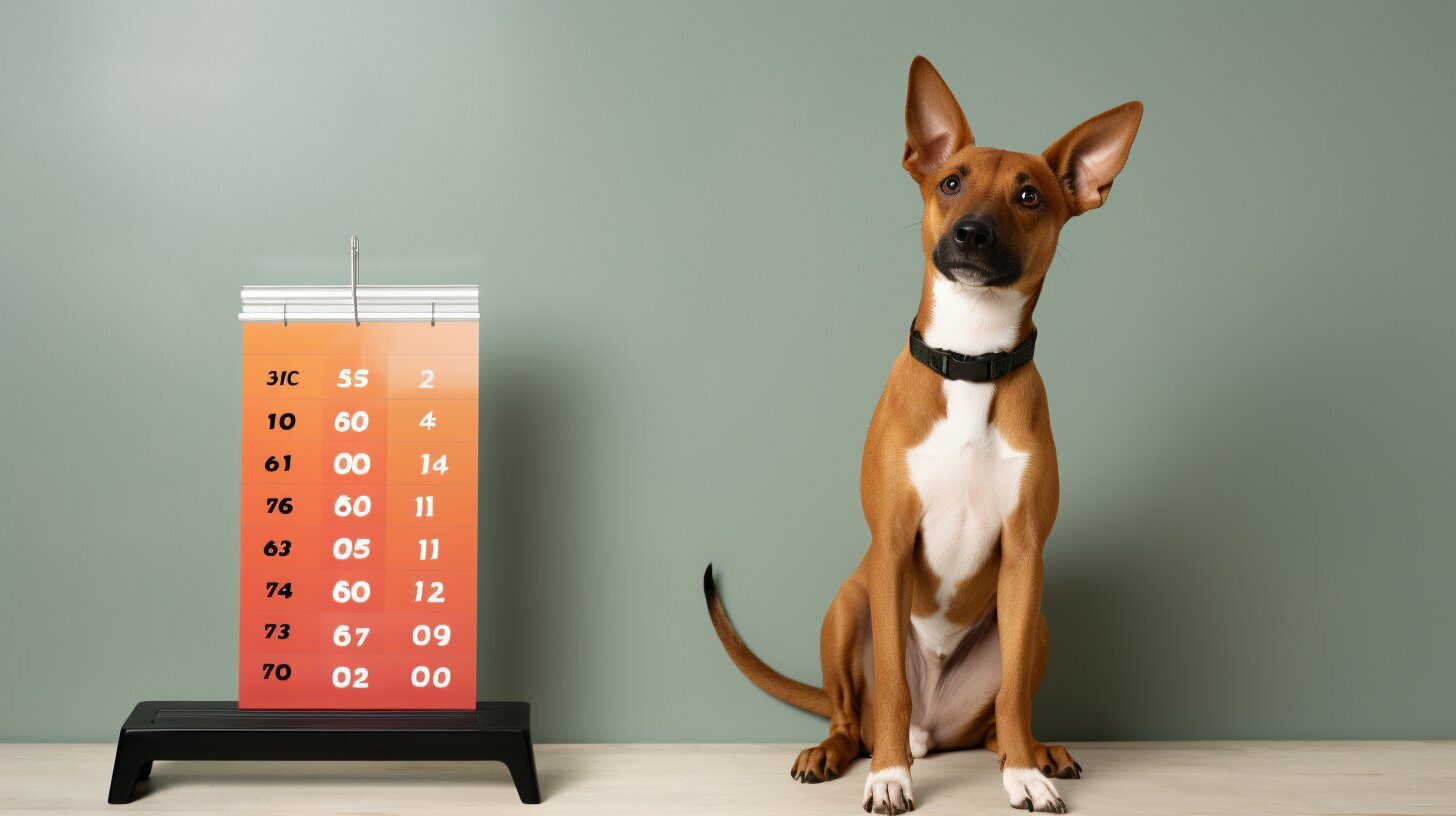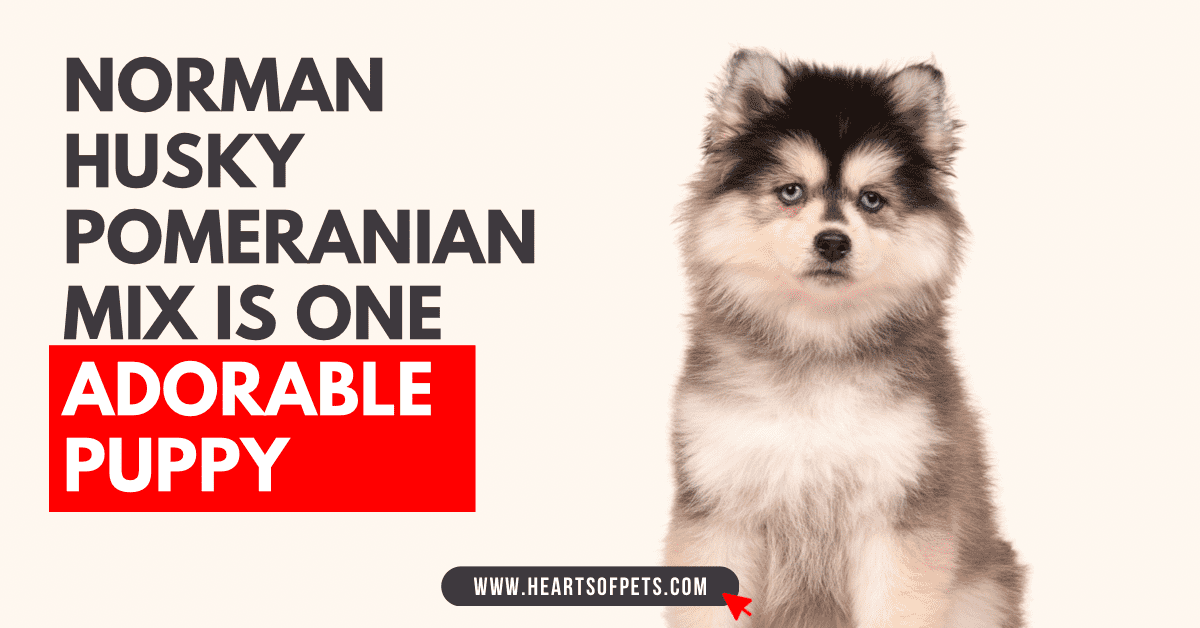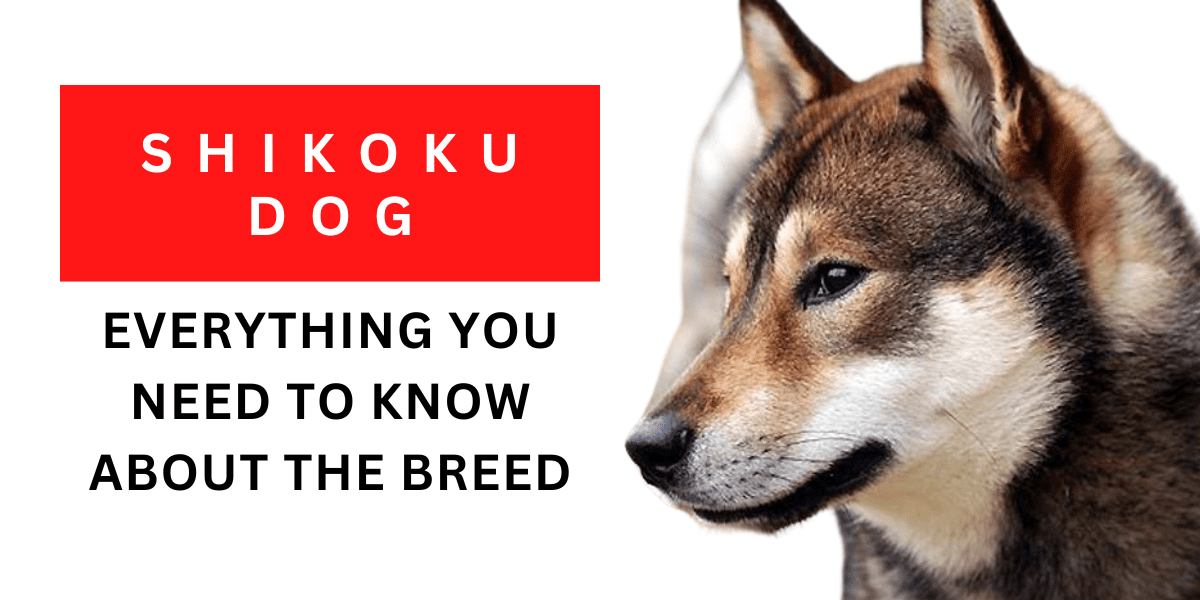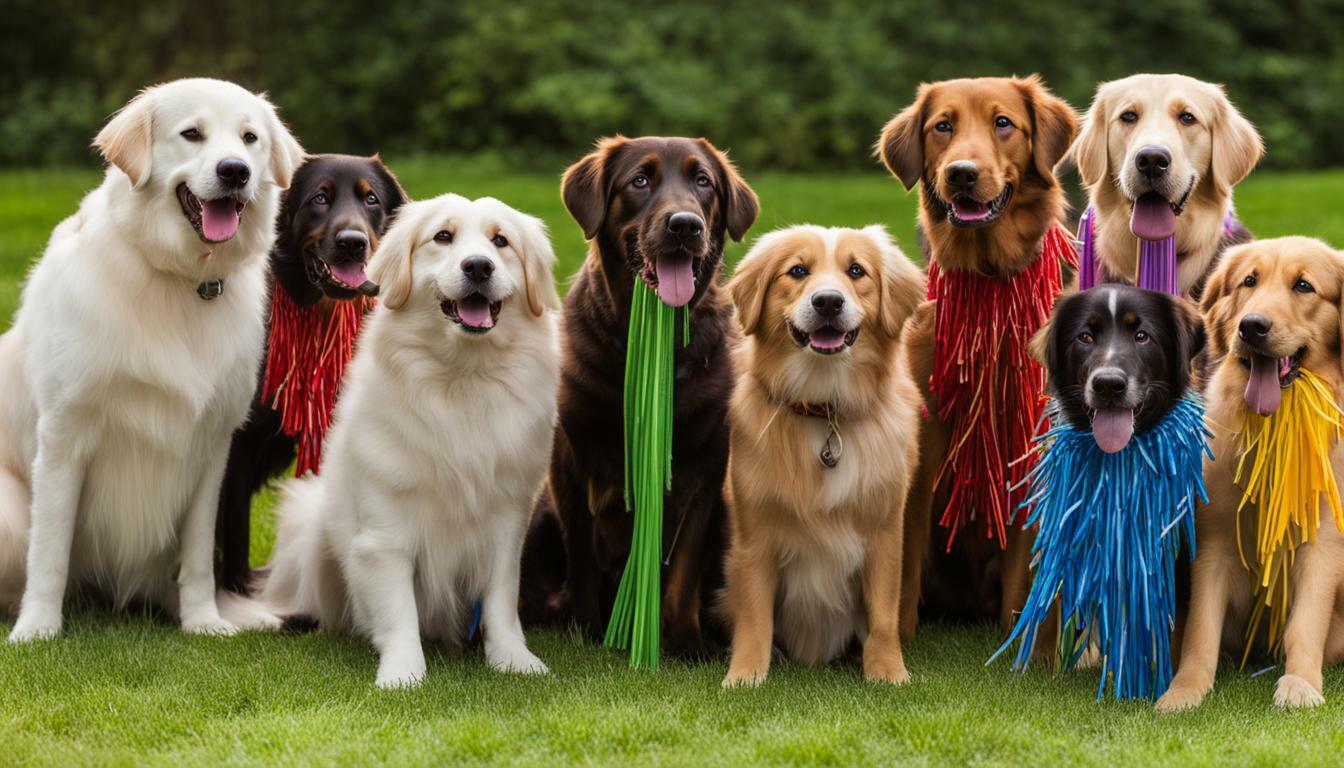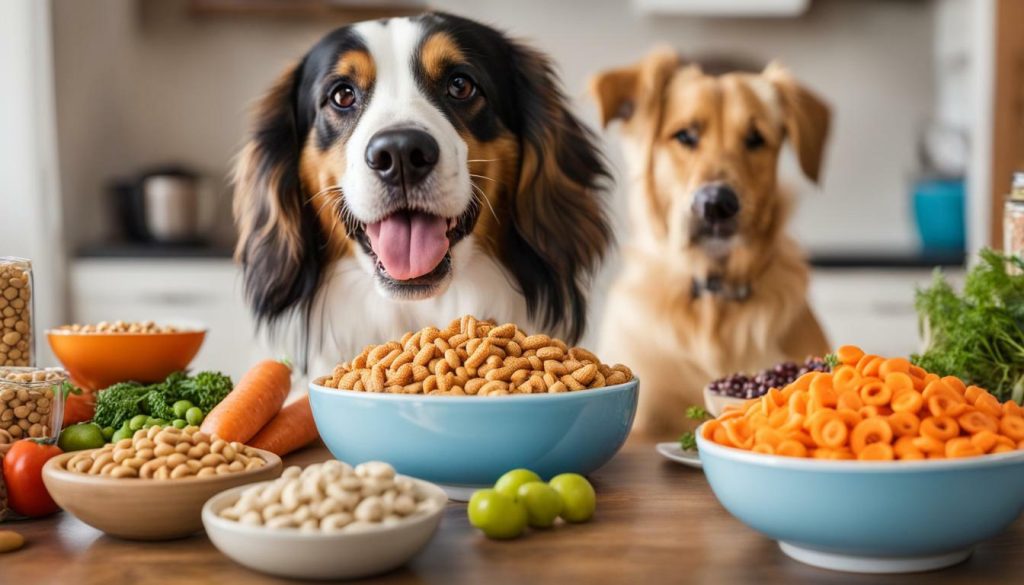
As a dog owner, you may have wondered if it’s okay to share your Cheerios with your furry friend. While Cheerios can be a tasty and convenient snack for humans, it’s important to consider whether they are safe and suitable for dogs. In this section, we will explore the topic of dogs and Cheerios, helping you understand the potential risks and benefits of including this popular cereal in your pet’s diet.
- Cheerios can be safely consumed by dogs in small amounts as an occasional treat.
- Plain Cheerios are the safest option, as they have minimal added sugars and ingredients.
- Flavored varieties of Cheerios should be avoided, as they may contain harmful ingredients such as xylitol or chocolate.
- Milk should not be given to dogs along with Cheerios, as many dogs are lactose intolerant.
- While Cheerios do not provide significant nutritional benefits for dogs, they can be used as a low-calorie treat during training sessions.
Remember, it’s crucial to feed Cheerios to your furry friend in moderation and be mindful of any potential allergies or sensitivities. By understanding the dos and don’ts of dogs and Cheerios, you can ensure your pet’s safety and well-being while still enjoying the occasional shared snack.
Are Cheerios Safe for Dogs?
Cheerios can indeed be safe for your canine companion, but there are a few factors to consider. When feeding Cheerios to your dog, it’s important to opt for plain varieties rather than flavored options. Plain Cheerios have less sugar and fewer additional ingredients, making them the safest choice for your pup. Flavored varieties, on the other hand, may contain harmful ingredients such as xylitol or chocolate, which can be toxic to dogs. So, always double-check the ingredients list before sharing your breakfast bowl with Fido.
Another important consideration when feeding Cheerios to your dog is the presence of milk. While many of us enjoy our Cheerios with a splash of milk, it’s best to avoid this when sharing with your four-legged friend. Dogs are often lactose intolerant, and consuming milk can lead to upset stomachs and digestive issues. So, keep the milk for your own bowl and offer plain Cheerios to your furry friend instead.
While Cheerios may not provide significant nutritional benefits for dogs, they can serve as a low-calorie treat during training sessions. They are easy to handle and can be used as a reward for good behavior. However, it’s essential to feed Cheerios in moderation. Too many Cheerios can lead to excess calorie intake, which may contribute to weight gain or other health problems over time. Always remember that treats should make up no more than 10% of your dog’s daily caloric intake.
Lastly, it’s crucial to be aware of any potential allergies or sensitivities your dog may have. Some dogs may be allergic to certain grains, including oats, which are a primary ingredient in Cheerios. If you notice any adverse reactions, such as itching, vomiting, or diarrhea, after your dog consumes Cheerios, it’s best to consult with your veterinarian to rule out any allergies or sensitivities.
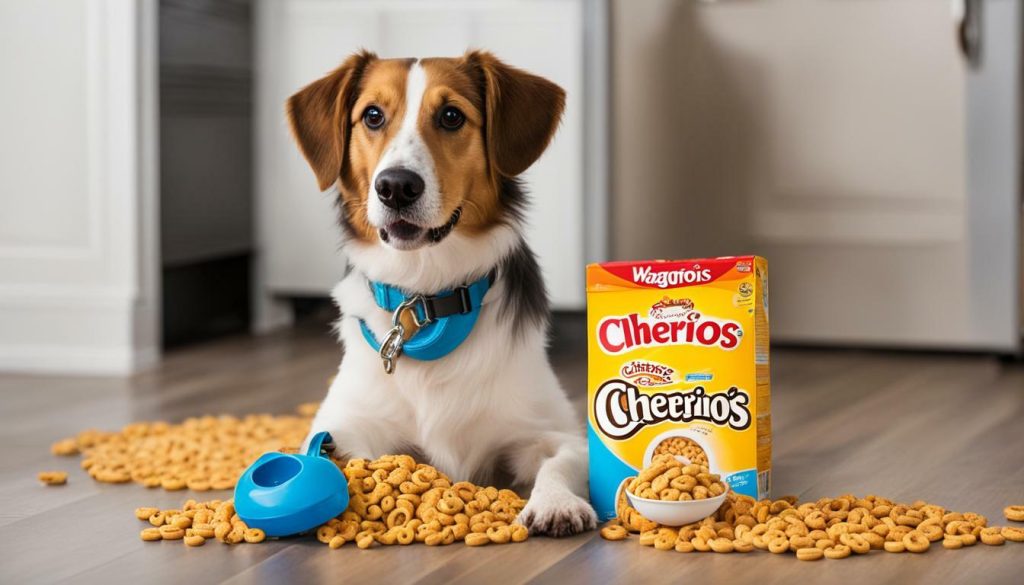
To summarize, Cheerios can be a safe and enjoyable treat for your dog when given in moderation and in the right form. Stick to plain varieties, avoid flavored options, and skip the milk. Remember to consider your dog’s individual needs, including allergies and sensitivities, when including Cheerios in their diet. With these simple precautions, you can safely share the joy of Cheerios with your beloved furry companion.
Choosing the Right Cheerios for Your Dog
When offering Cheerios to your dog, it’s important to choose the right type to ensure their safety. Plain Cheerios are the best option, as they contain fewer additional ingredients and less sugar compared to flavored varieties. Flavors like chocolate or honey should be avoided, as they can be harmful to dogs.
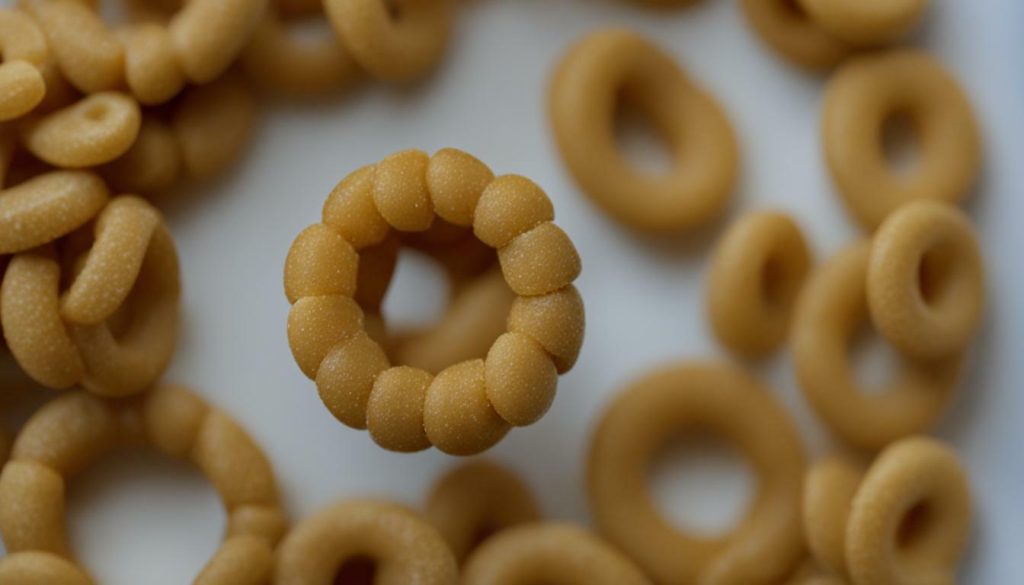
If you’re unsure about which type of Cheerios to offer your dog, it’s always a good idea to consult with your veterinarian. They can provide you with personalized advice based on your dog’s specific dietary needs and any underlying health conditions.
Remember, while Cheerios do not offer significant nutritional benefits for dogs, they can be used as a low-calorie treat during training sessions. Just be sure to feed them in moderation and take into consideration any potential allergies or sensitivities your dog may have.
Ultimately, providing a balanced diet and a variety of safe and healthy treats is key to keeping your furry friend happy and well-nourished.
Avoiding Harmful Ingredients
While Cheerios can be a healthy snack for dogs, some ingredients can pose a risk to their overall health. It is important to be aware of these harmful ingredients and avoid feeding them to your furry friend. One such ingredient is xylitol, a sugar substitute commonly found in flavored varieties of Cheerios. Xylitol is toxic to dogs and can cause a sudden drop in blood sugar levels, leading to symptoms such as weakness, seizures, and even liver failure. Therefore, it is crucial to check the ingredient list and ensure that the Cheerios you offer to your dog do not contain xylitol.
Another ingredient to watch out for is chocolate. Chocolate is toxic to dogs and can be found in some flavored Cheerios, such as chocolate or chocolate-coated varieties. Even small amounts of chocolate can cause vomiting, diarrhea, increased heart rate, and in severe cases, it may lead to tremors, seizures, and even death. Therefore, it is best to stick to plain, unsweetened Cheerios for your pet.
Milk is another ingredient that should be avoided when feeding Cheerios to dogs. Many dogs are lactose intolerant, meaning they lack the necessary enzymes to digest lactose, a sugar present in milk. Feeding milk to lactose-intolerant dogs can result in gastrointestinal upset, including gas, bloating, diarrhea, and even vomiting. To ensure your dog’s digestive health, it is recommended to serve Cheerios without milk.
| Harmful Ingredients | Potential Risks |
|---|---|
| Xylitol | Sudden drop in blood sugar levels, weakness, seizures, liver failure |
| Chocolate | Vomiting, diarrhea, increased heart rate, tremors, seizures |
| Milk | Gastrointestinal upset, gas, bloating, diarrhea, vomiting |
By avoiding these harmful ingredients and opting for plain Cheerios, you can provide your dog with a safe and enjoyable snack. Remember to always feed Cheerios in moderation and be mindful of any potential allergies or sensitivities your dog may have. If you’re unsure about feeding Cheerios to your furry friend, it’s always best to consult with your veterinarian for personalized advice.
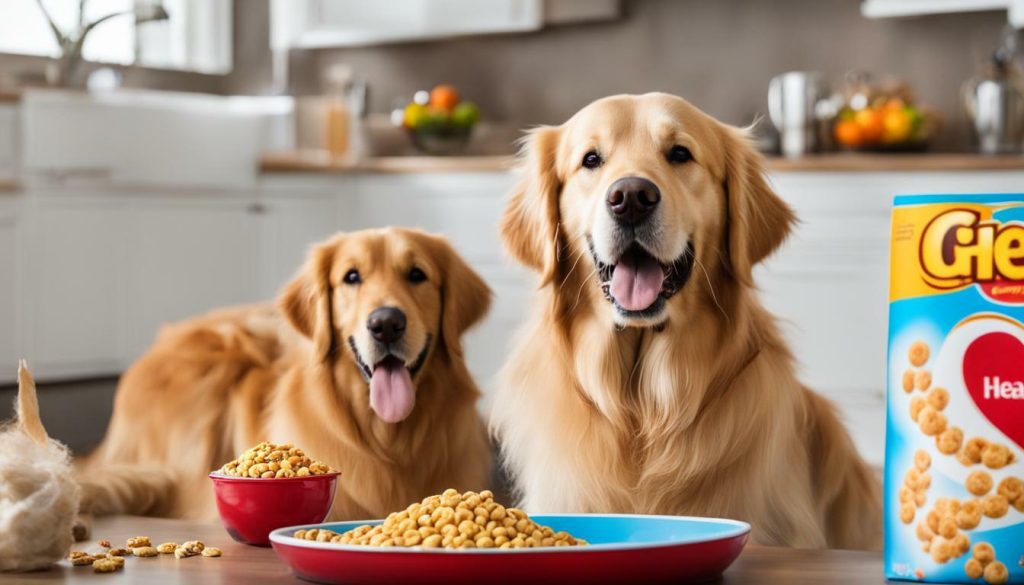
Just like with any treat, it’s crucial to offer Cheerios to your dog in moderation to ensure their overall well-being. While Cheerios are safe for dogs to consume, they should only be given as an occasional snack and not as a staple food in their diet. Feeding your dog too many Cheerios can lead to an imbalance in their nutritional intake, as these cereal pieces do not provide significant nutritional value for dogs.
When offering Cheerios to your furry friend, it’s important to select the plain varieties without any flavorings or added sugars. These plain Cheerios contain less sugar and fewer additional ingredients, making them the safest option for your dog. Flavored Cheerios, on the other hand, may contain harmful ingredients such as xylitol or chocolate, which can be toxic to dogs. Therefore, it’s best to avoid these flavored varieties and stick to plain Cheerios.
Another consideration when feeding Cheerios to your dog is milk. While many dogs enjoy milk, it’s important to note that most dogs are lactose intolerant. Therefore, it’s advisable to avoid adding milk to your dog’s Cheerios to prevent any digestive upset.
Feeding Cheerios as Training Treats
Cheerios can be a great option for dog training sessions, as they are low in calories and can be easily portioned. Using Cheerios as training treats allows you to reward your dog without worrying about excessive calorie intake. Additionally, their small size makes them convenient for training exercises that require frequent rewards.
During training, it’s important to be mindful of your dog’s overall caloric intake. While Cheerios can be a healthy and low-calorie choice, it’s essential to consider the total number of treats given throughout the day and adjust your dog’s regular meals accordingly to maintain a balanced diet.

Just like humans, dogs can have allergies or sensitivities to certain foods. If you notice any unusual symptoms such as vomiting, diarrhea, or itchiness after your dog consumes Cheerios, it’s important to consult with your veterinarian. They can help determine if your dog has a specific allergy or sensitivity and provide guidance on the best dietary options.
Finally, it’s always a good idea to consult with your veterinarian before making any significant changes to your dog’s diet or introducing new treats. They can provide personalized advice based on your dog’s specific needs and help ensure their overall health and well-being.
Nutritional Value of Cheerios for Dogs
While Cheerios may not be packed with essential nutrients for dogs, they can still serve as a healthy snack option. Plain Cheerios, in particular, are a safe choice as they contain less sugar and fewer additional ingredients compared to flavored varieties. It’s important to note that dogs should only consume Cheerios in moderation and as an occasional treat.
When considering the nutritional value of Cheerios for dogs, it’s essential to understand that they are primarily made up of carbohydrates. This means that while they can provide a quick energy boost, they do not offer the same level of sustenance as a balanced dog food diet. However, they can still be beneficial for dogs in certain situations.
| Benefits of Cheerios for Dogs: |
|---|
|
Although Cheerios can be a safe and healthy snack option for dogs, it is important to keep in mind any potential allergies or sensitivities your dog may have. Always introduce new foods gradually and monitor your dog for any adverse reactions. If you notice any signs of discomfort or digestive issues after feeding your dog Cheerios, it is best to discontinue their consumption.

To conclude, while Cheerios may not provide significant nutritional benefits for dogs, they can still be enjoyed as a safe and healthy snack in moderation. Remember to opt for plain Cheerios without any added flavors or harmful ingredients, and be mindful of your dog’s individual dietary needs and preferences.
Considerations for Allergies and Sensitivities
It’s important to be aware of any allergies or sensitivities your dog may have before introducing Cheerios into their diet. While plain Cheerios are generally safe for dogs, some dogs may have adverse reactions to certain ingredients. Common allergens for dogs include wheat, soy, and corn, which are often found in flavored varieties of Cheerios. If your dog has known allergies or sensitivities to these ingredients, it is best to consult with your veterinarian before offering Cheerios as a treat.

In addition to allergies, dogs can also be sensitive to certain additives and preservatives. Flavored Cheerios may contain artificial sweeteners like xylitol, which is toxic to dogs and can cause a range of symptoms from digestive upset to seizures. Chocolate is another common ingredient found in some flavors of Cheerios and is highly toxic to dogs. To ensure your dog’s safety, stick to plain Cheerios without any added flavorings or coatings.
Feeding Guidelines
When giving Cheerios to your dog, it’s important to do so in moderation. While they may seem like a healthy snack, Cheerios do not provide significant nutritional value for dogs. They should be considered a special treat rather than a staple of their diet. Too many Cheerios can lead to weight gain and digestive issues. It’s also crucial to avoid adding milk to the Cheerios, as many dogs are lactose intolerant and may experience discomfort or upset stomach.
To prevent overfeeding and to ensure a balanced diet, consult with your veterinarian about the appropriate amount of Cheerios to give your dog based on their size, age, and individual dietary needs. Treats should make up no more than 10% of your dog’s daily caloric intake. Be sure to adjust their regular meals accordingly to accommodate for any additional calories from the Cheerios.
| Summary: | Cheerios are generally safe for dogs to eat in moderation, but it’s important to be aware of any potential allergies or sensitivities. Stick to plain Cheerios without added flavors or sweeteners to ensure your dog’s safety. Feed in moderation and consult with your veterinarian for specific feeding guidelines tailored to your dog’s needs. |
|---|
Using Cheerios as Training Treats
Cheerios can serve as a useful tool during your dog’s training sessions, providing a healthy reward. These iconic little O’s are low in calories and are loved by many dogs. However, it’s important to keep in mind a few guidelines to ensure your pup’s safety and maintain a balanced diet.
Firstly, opt for plain Cheerios without any added flavorings. Flavored varieties often contain artificial sweeteners like xylitol, which can be toxic to dogs. It’s best to stick to the original flavor, as it has fewer artificial ingredients and lower sugar content.
When using Cheerios as training treats, always feed them in moderation. While they can be a tasty incentive for your furry friend, they should not replace a balanced diet. At the end of the day, Cheerios are just a snack and should be treated as such.
| Benefits of Using Cheerios as Training Treats: |
|---|
| Low-calorie option for dogs watching their weight |
| Gentle on the digestive system, especially for dogs with sensitive stomachs |
| Easy to carry and use as a training reward |
It’s crucial to be aware of your dog’s individual allergies or sensitivities. While Cheerios are generally safe for most dogs, some may experience adverse reactions. If your dog displays any signs of an allergic reaction, such as itching, vomiting, or diarrhea, discontinue the use of Cheerios and consult your veterinarian.
Remember, the key to successful training is consistency and positive reinforcement. Cheerios can be a valuable tool in your training arsenal, but always prioritize your dog’s overall health and well-being. Enjoy the special moments of bonding and learning with your furry companion!

To ensure your dog can enjoy Cheerios safely, it’s essential to follow a few simple guidelines. Here’s how you can feed Cheerios to your furry friend:
- Choose the right type of Cheerios: Opt for plain, unsweetened Cheerios as they contain less sugar and fewer additional ingredients. Flavored varieties should be avoided as they may contain harmful ingredients like xylitol or chocolate.
- Serve in moderation: While Cheerios can be a tasty treat for your dog, it’s important to feed them in moderation. Too many can lead to an upset stomach or weight gain. Limit the portion size to a small handful or a few pieces.
- Avoid adding milk: Dogs are often lactose intolerant, so it’s best to avoid adding milk to the Cheerios. Stick to serving them dry or with a little bit of water if desired.
- Watch for allergies or sensitivities: Some dogs may have allergies or sensitivities to certain ingredients in Cheerios. Monitor your dog closely after feeding them Cheerios for the first time and watch for any signs of an adverse reaction, such as itching, vomiting, or diarrhea. If any symptoms occur, discontinue feeding Cheerios and consult your veterinarian.
Remember, while Cheerios can be a tasty and low-calorie treat for your dog, they should never replace a balanced diet specifically formulated for their nutritional needs. Always consult with your veterinarian before introducing any new food to your dog’s diet.

By following these guidelines, you can safely introduce Cheerios as an occasional treat for your furry companion. Just remember to keep portion sizes small, watch for any adverse reactions, and prioritize a balanced diet overall.
Potential Alternatives to Cheerios
If Cheerios aren’t the right fit for your dog, there are other tasty and nutritious options you can explore. Here are some alternatives that can be included in your dog’s healthy snack routine:
- Pumpkin Seeds: Rich in antioxidants and fiber, pumpkin seeds provide a crunchy and satisfying treat for dogs. Make sure to offer them unsalted.
- Carrot Sticks: These low-calorie and vitamin-packed treats are perfect for dogs who love to chew. Carrots can help maintain dental health and provide a crunch they’ll enjoy.
- Blueberries: Packed with antioxidants, blueberries are a sweet and nutritious snack option for dogs. They can be given fresh or frozen for an extra refreshing treat.
- Green Beans: Low in calories and high in fiber, green beans make a great alternative to Cheerios. They can be served raw, steamed, or even frozen for a crunchy snack.
Remember to introduce any new treats gradually to ensure your dog’s digestive system adjusts well. It’s always a good idea to consult with your veterinarian to determine the best alternatives based on your dog’s specific dietary needs and any existing health conditions.
Table: Comparison of Healthy Dog Snacks
| Treat | Nutritional Benefits | Precautions |
|---|---|---|
| Pumpkin Seeds | Rich in antioxidants and fiber | Offer unsalted seeds |
| Carrot Sticks | Low-calorie, rich in vitamins | Monitor chewing to avoid choking |
| Blueberries | Packed with antioxidants | Feed in moderation due to natural sugars |
| Green Beans | Low in calories, high in fiber | Avoid seasoning with salt or spices |
Exploring these alternative snack options can help keep your dog’s taste buds satisfied while providing a range of nutritional benefits. Remember, it’s essential to maintain a balanced diet for your furry friend, so choose treats that complement their overall nutritional needs.
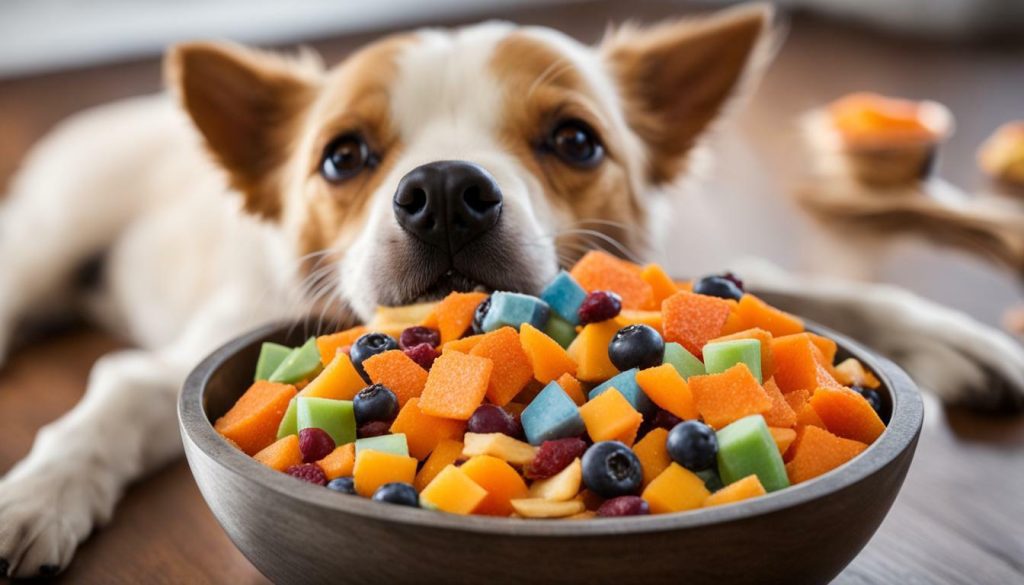
Cheerios can be a safe and healthy occasional treat for dogs, but it’s crucial to remember that a balanced diet is essential for their overall well-being. While dogs can consume Cheerios in small amounts, it’s important to choose plain varieties that have less sugar and fewer additional ingredients. Flavored Cheerios should be avoided as they may contain harmful ingredients like xylitol or chocolate, which can be toxic to dogs.
Milk should also be avoided when feeding Cheerios to dogs, as many dogs are lactose intolerant. While Cheerios may not provide significant nutritional benefits for dogs, they can be used as a low-calorie treat during training sessions. However, moderation is key when feeding Cheerios to dogs, as excessive consumption can lead to digestive issues or weight gain. It’s always important to be aware of any potential allergies or sensitivities your dog may have before introducing Cheerios into their diet.
Remember, a nutritious and balanced diet should mainly consist of dog food that meets their specific dietary needs. If you’re unsure about whether your dog can have Cheerios or if you’re looking for alternative snacks, it’s best to consult with your veterinarian, who can provide personalized advice based on your dog’s individual needs and health requirements.
FAQ
Can dogs have Cheerios?
Yes, dogs can have Cheerios in small amounts as an occasional treat.
Are Cheerios safe for dogs?
Yes, plain Cheerios are safe for dogs to eat, but flavored varieties should be avoided.
Which type of Cheerios is safest for dogs to consume?
Plain Cheerios are the safest option for dogs, as they have less sugar and fewer additional ingredients.
What ingredients in Cheerios should be avoided for dogs?
Ingredients like xylitol and chocolate, found in flavored varieties, should be avoided as they can be harmful to dogs.
How much Cheerios should I feed my dog?
Cheerios should be fed to dogs in moderation, as they do not provide much nutritional benefit. It is important to consider your dog’s overall diet.
Can dogs be allergic or sensitive to Cheerios?
Some dogs may have allergies or sensitivities to grains, so it’s important to be aware of any potential reactions before feeding Cheerios to your dog.
Can I use Cheerios as training treats for my dog?
Yes, Cheerios can be used as a low-calorie treat during training sessions for dogs.
How should I feed Cheerios to my dog?
Cheerios should be fed to dogs plain and without milk, as many dogs are lactose intolerant.
Are there alternatives to Cheerios that are safe for dogs?
Yes, there are other safe and healthy snack options for dogs if Cheerios are not suitable.

